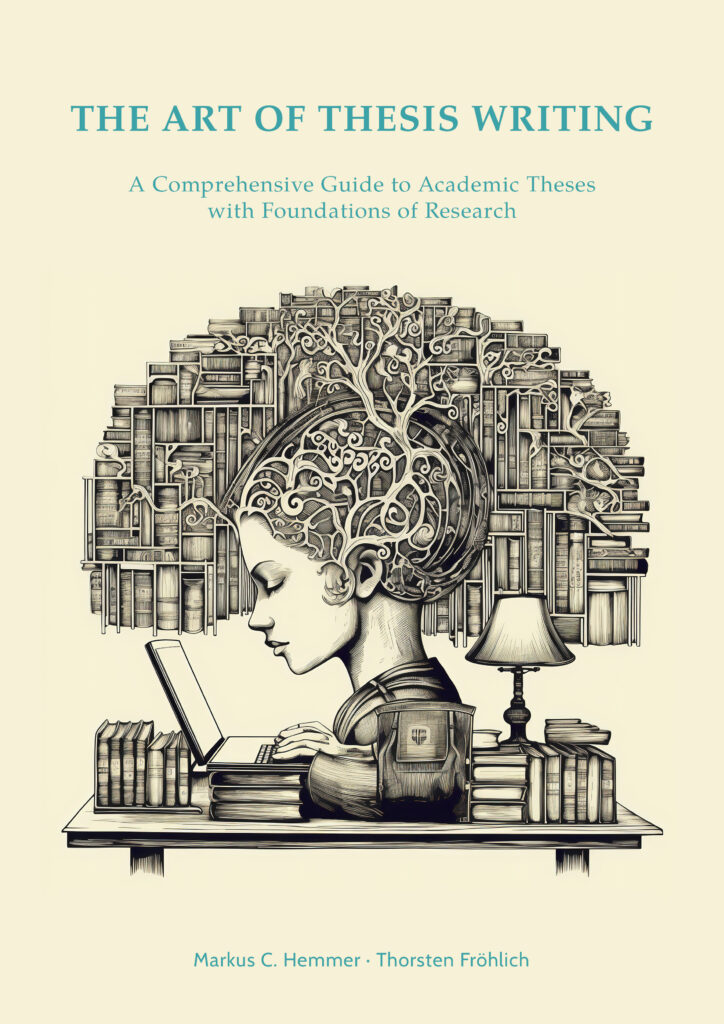A Bachelor thesis is an essential academic undertaking in an undergraduate student’s educational journey, representing a significant scholarly endeavor that showcases their ability to engage in in-depth research and analysis. This comprehensive work, typically required in the final year of undergraduate study, serves not only as a requirement for graduation but as a profound demonstration of the student’s capacity to independently investigate, analyze, and articulate complex ideas within their chosen field. The Bachelor thesis is more than just an academic exercise; it represents the culmination of a student’s learning journey, marking their transition from learners to contributors in academic discourse.
The journey of creating a Bachelor thesis begins with the selection of a topic. This initial stage is crucial as it sets the foundation for the entire research process. Students are encouraged to select a topic that not only aligns with their academic interests but also holds potential for contributing to the broader academic community. The topic should be both challenging and feasible, allowing the student to explore new areas while building on their existing knowledge base.
Once a topic is selected, the student embarks on a comprehensive literature review, delving into existing academic works to identify gaps or under-researched areas. This literature review serves as the backbone of the thesis, providing a context for the research and demonstrating the student’s understanding of the field. The review must be thorough and critical, with the student evaluating and synthesizing information from various sources to build a strong foundation for their research.
Following the literature review, students develop their research questions and hypotheses, setting the stage for the research process. This step is critical as it defines the direction and scope of the thesis. The research methodology that follows is where students decide how to gather and analyze data, whether through experimental work, surveys, interviews, or other methods appropriate to their topic.
Data analysis and interpretation are where the student’s critical thinking skills come into play. Here, they must analyze their findings, draw conclusions, and make inferences based on the data collected. The ability to connect theoretical knowledge with practical research findings is key in this phase.
Finally, the student compiles their findings in a well-structured, coherent thesis. This document not only presents the research findings but also places them within the context of the existing body of knowledge, demonstrating the student’s ability to engage with and contribute to their field. The Bachelor thesis is a testament to a student’s research and analytical skills, critical thinking, and academic writing abilities.
Learn how to deal with the Bachelor Thesis from the book
The Art of Thesis Writing

